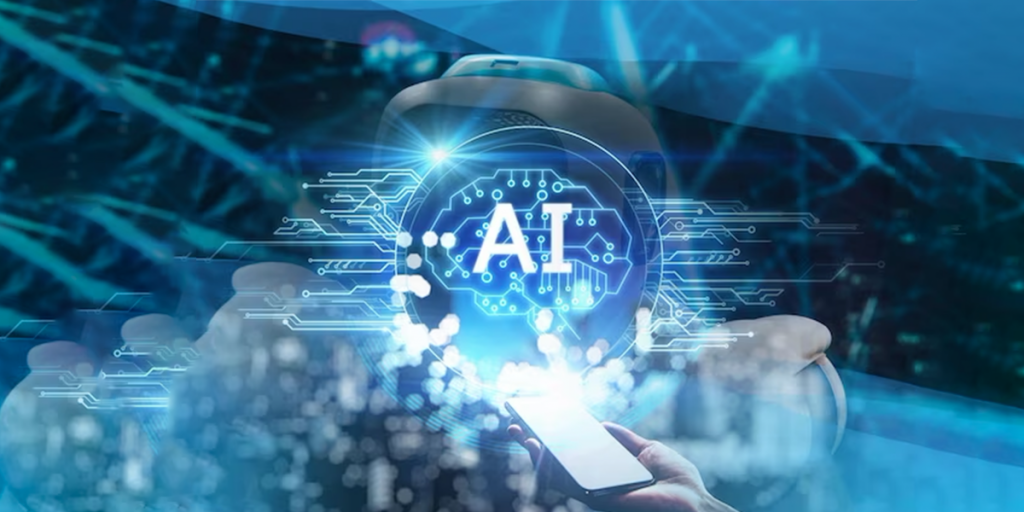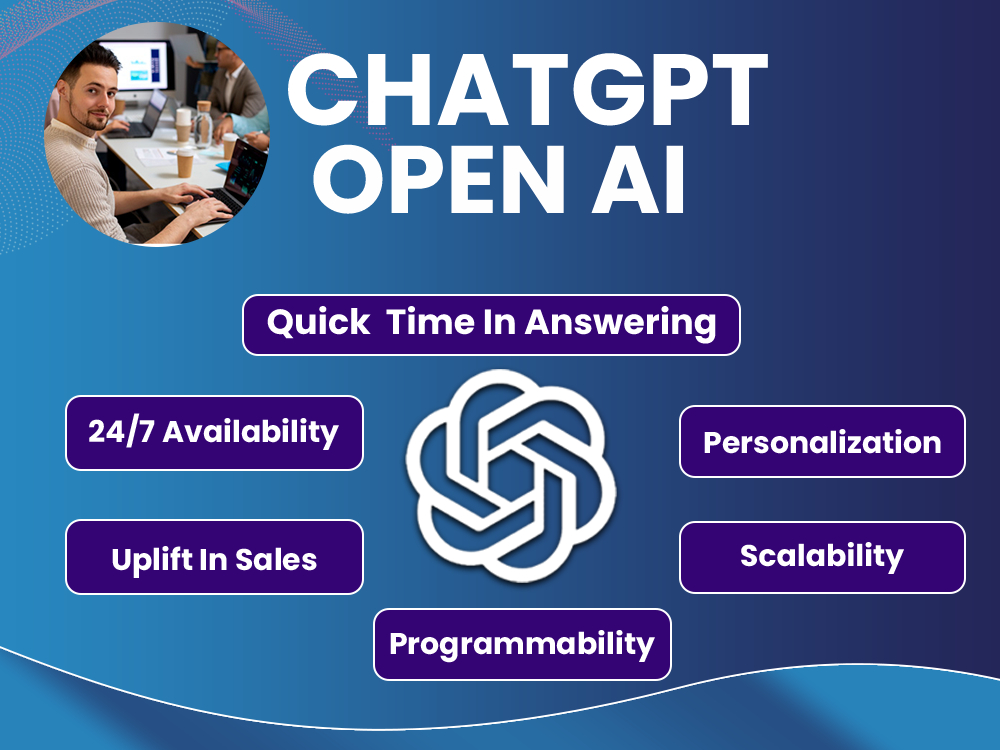Explore the connection between AI and industry layoffs as we delve into the transformative effects of artificial intelligence on businesses. Discover how this cutting-edge technology is shaping the job market and its implications for various industries. Gain valuable insights into the evolving landscape and potential challenges ahead.
"The Impact of AI: Linking it to Layoffs in the Industry"

In recent years, artificial intelligence (AI) has emerged as a powerful tool with the potential to revolutionize industries across the globe. From healthcare to finance, AI has made significant advancements, leading to increased efficiency and improved decision-making. However, the widespread adoption of AI has also raised concerns about its impact on the workforce. There is a growing realisation that AI, the very technology created to enhance productivity, is causing job losses in the industries it was intended to assist. This article explores the link between AI and layoffs and discusses the implications for the future of work.
this content created by edition.
Table of Contents
- Introduction
- Understanding AI’s Role in Industry
- The Promise of AI and Its Potential Benefits
- AI as a Double-Edged Sword
- AI-Driven Automation and Job Displacement
- Industries Affected by AI Layoffs
- Upskilling and Reskilling the Workforce
- The Human Touch in the Age of AI
- Ethical Considerations and Responsibility
- The Future of Work: Adapting to an AI-Powered World
- Conclusion
Introduction
As AI technology continues to evolve, its impact on the job market is becoming increasingly evident. While AI has the potential to streamline operations and increase productivity, its implementation often leads to workforce reductions and layoffs. This article delves into the reasons behind this phenomenon and the challenges it presents for industries worldwide.
Understanding AI's Role in Industry
AI refers to computer systems that can perform tasks that typically require human intelligence, such as problem-solving, decision-making, and pattern recognition. Its applications span various sectors, including manufacturing, transportation, customer service, and data analysis. AI algorithms learn from vast amounts of data and continuously improve their performance, making them valuable assets for companies seeking to optimize their operations.
The Promise of AI and Its Potential Benefits
AI holds immense promise, offering numerous benefits to industries. It can automate repetitive tasks, reduce errors, enhance efficiency, and provide valuable insights from data analysis. AI-powered technologies like machine learning and natural language processing enable organizations to extract valuable information, improve customer experiences, and make data-driven decisions promptly.
AI as a Double-Edged Sword
While AI’s potential benefits are undeniable, it also poses challenges for the workforce. Automation driven by AI has the potential to replace certain job roles, leading to layoffs and workforce restructuring. The very technology designed to assist human workers can inadvertently render them redundant, creating a paradoxical situation.
AI-Driven Automation and Job Displacement
AI-driven automation has the potential to disrupt industries and reshape the job market. Tasks that were once performed by humans can now be accomplished by intelligent machines. This shift can result in job displacement, particularly in industries where repetitive or routine tasks are prevalent. Roles such as data entry, customer support, and even certain aspects of professional services can be automated, leading to workforce reductions.
Industries Affected by AI Layoffs
Numerous industries have experienced the impact of AI-driven layoffs. Manufacturing, with its reliance on assembly lines and repetitive tasks, has witnessed significant workforce reductions as automation technologies have advanced. Customer service centers have also been affected, with chatbots and virtual assistants handling routine inquiries, reducing the need for human agents. Even the financial sector has witnessed job losses, as AI algorithms perform tasks previously handled by human traders and analysts.
Upskilling and Reskilling the Workforce
To mitigate the negative effects of AI on employment, upskilling and reskilling initiatives are crucial. The workforce needs to adapt to the changing landscape by acquiring new skills that complement AI technologies. By embracing lifelong learning and developing expertise in areas that AI cannot replicate, individuals can secure their roles in an AI-powered economy. Collaboration between educational institutions, employers, and policymakers is vital to ensure a smooth transition for affected workers.
The Human Touch in the Age of AI
While AI can automate various tasks, it cannot fully replace human qualities such as empathy, creativity, and critical thinking. Industries must recognize and leverage the unique strengths of human workers, focusing on tasks that require complex decision-making, emotional intelligence, and innovation. By integrating AI as a tool rather than a replacement, organizations can create a harmonious balance between technology and the human touch.
Ethical Considerations and Responsibility
The rise of AI also raises ethical considerations. As AI systems become more advanced, concerns about bias, privacy, and accountability emerge. It is essential to develop ethical frameworks and regulations that ensure responsible AI deployment. Transparency, fairness, and the protection of individuals’ rights should be integral to the development and implementation of AI technologies.
The Future of Work: Adapting to an AI-Powered World
The future of work in an AI-powered world necessitates adaptation and innovation. Rather than fearing job displacement, individuals and industries should embrace the opportunities presented by AI. As certain tasks become automated, new job roles will emerge, requiring a different set of skills. Lifelong learning, adaptability, and embracing AI as a collaborative tool will be key to thriving in this evolving landscape.
Conclusion
AI’s impact on the job market cannot be overlooked. While it offers significant benefits, it also poses challenges, including layoffs and job displacement. Industries must navigate this complex landscape by upskilling workers, recognizing the value of the human touch, and establishing ethical guidelines for AI deployment. With careful planning and a proactive approach, the workforce can adapt and thrive in an AI-powered world.
"AI is already linked to layoffs in the industry that created it"
this video created by Ai News.


